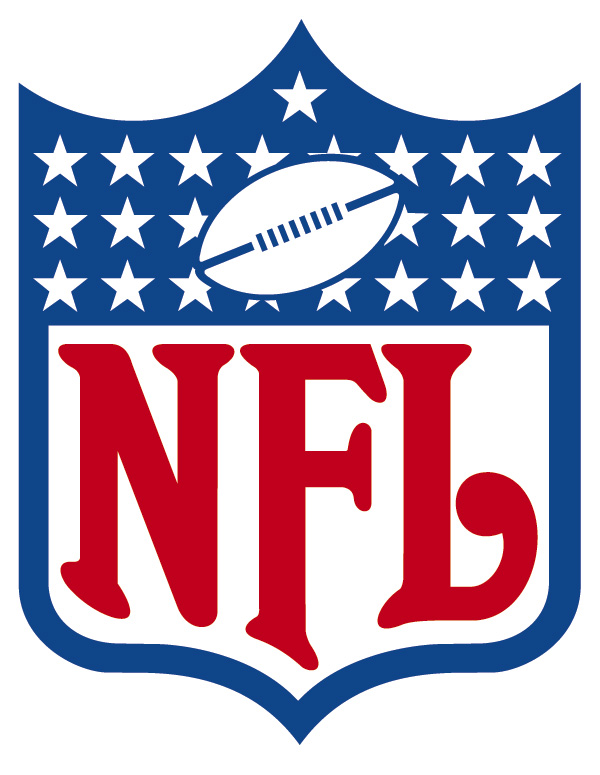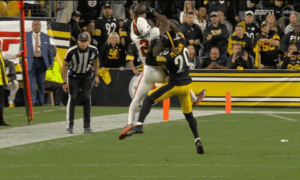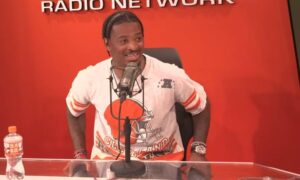Yesterday, the Ted Wells report was finally delivered to the league office, which investigated the extent to which the New England Patriots were involved with and in knowledge of the deflation of footballs used by the team’s offense and quarterback Tom Brady.
As it turns out, that certainly appears to be the case, as text exchanges between two members of the Patriots’ staff strong suggest Brady’s knowledge of the activity, with the report concluding that the four-time Super Bowl champion was “generally aware” of it.
The humorous nature of some of those text exchanges being put to the side, the facts that they exist, that they allude to Brady’s ire over balls that were too inflated, and that the balls tested by game officials were indeed underinflated certainly offer a wealth of corroborating evidence suggesting the quarterback’s culpability in the matter.
Given the relationship that NFL Commissioner Roger Goodell shares with Patriots owner Robert Kraft, who has flat out denied any wrongdoing on his team’s behalf, many wonder what type of punishment, if any, will be delivered onto the organization and to the participants.
It certainly seems curious to me, in a premeditated sense, that, as alluded to in the texts, Brady refrained from giving any direct compensation to Jim McNally for his services as “the deflator”, as he referred to himself.
Rather, toward the end of the season, he was evidently given a small package of Brady memorabilia signed by the quarterback as conveyed through equipment assistant John Jastremski.
The league has already set a precedent regarding the notion of competitive advantage when it comes to doling out discipline. Earlier during the course of this offseason, Goodell administered discipline to the Cleveland Browns organization and to general manager Ray Farmer for his actions in prohibited communication during games.
For the role that he played, Farmer was suspended for the first four games of the 2015 regular season, and the club was fined $250,000. The Atlanta Falcons, too, were disciplined for pumping crowd noise into their home stadium, which resulted in them forfeiting a 2016 fifth-round draft pick in addition to being fined $350,000.
During the administering of these punishments, the league strongly conveyed the message that the perceived competitive advantage gained from these behaviors, which was minimal, was an inconsequential part of the decision.
The crux of the issue was tied to the integrity of the game, a vague notion that has been championed under Goodell’s tenure. A general manager communicating with his team via text message during a game, and a team artificially inflating the noise pollution during a game, likely provided minimal advantage, but they violated the letter and the spirit of the law of the league.
So, too, did Brady’s behavior, and being “generally aware” of this violation of the law should certainly come with its consequences, especially given his refusal to comply with the investigation by allowing access to his own text exchanges and denying any knowledge of it beforehand. I can’t imagine anything less than a suspension being a reasonable response to Wells’ report, given the league’s own precedents, but we have been surprised before.








